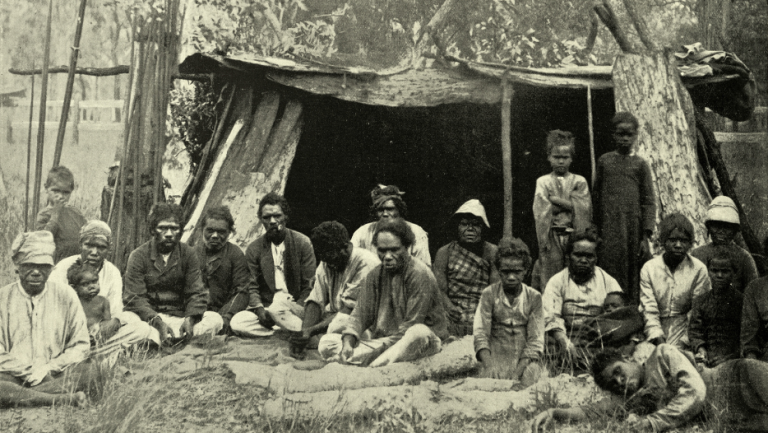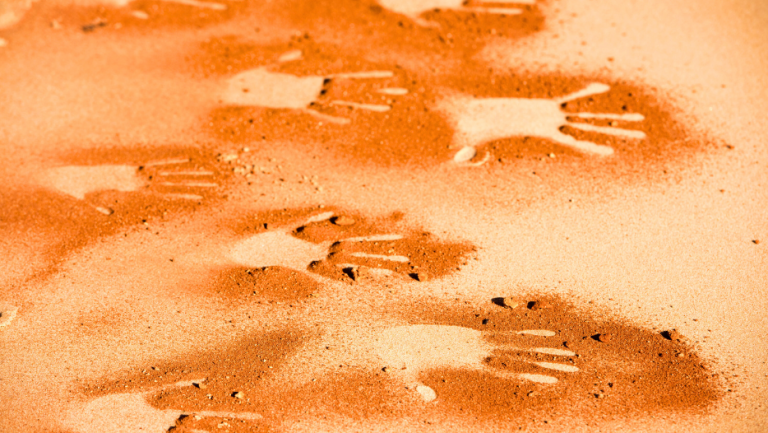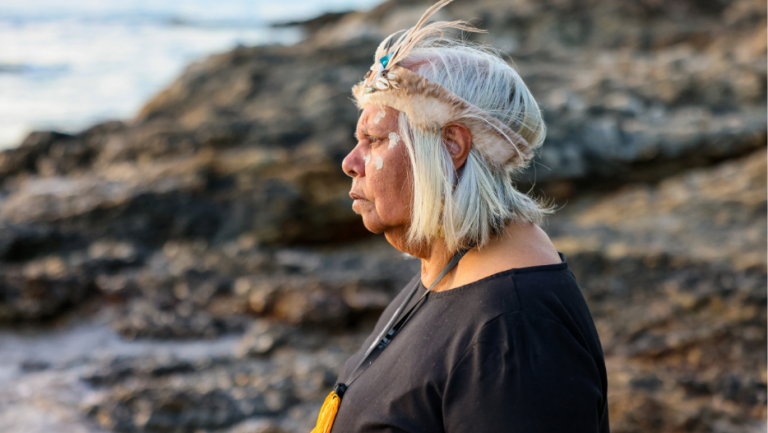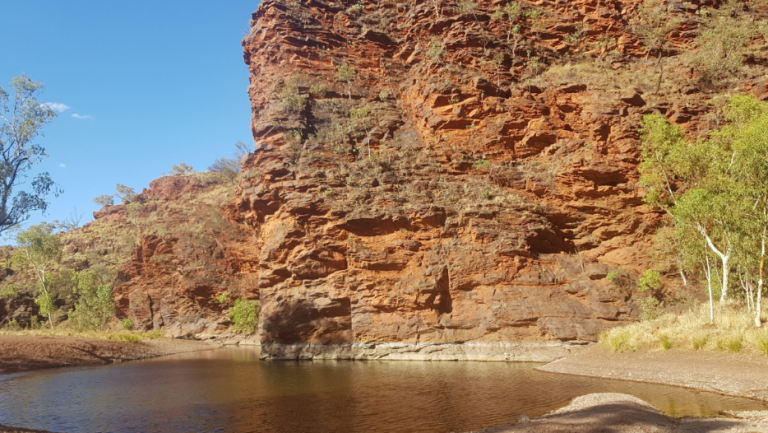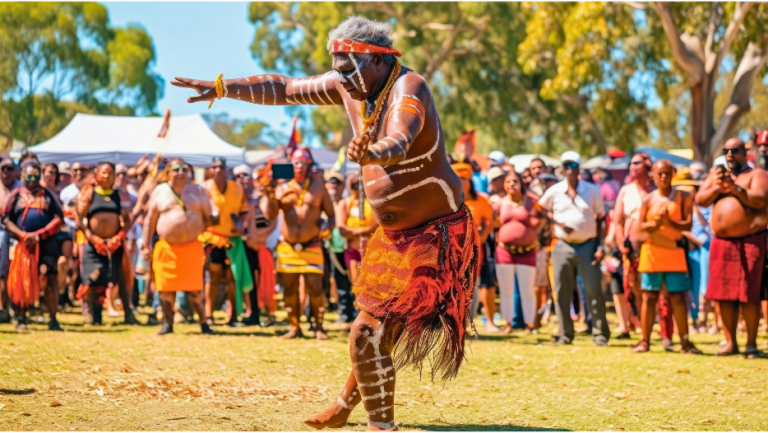Educating Against Cultural Erosion
In a rapidly changing world, the preservation of Indigenous cultural knowledge stands as a beacon of identity, wisdom, and heritage. However, this rich knowledge of traditions faces significant threats. It is imperative to educate people about these threats and underscore the importance of safeguarding Indigenous cultural knowledge for future generations.
Rapid urbanisation, environmental degradation, and encroaching modern lifestyles erode the traditional practices and beliefs that have sustained Indigenous communities for thousands of years. Additionally, the expansion of mining and resource companies poses a substantial threat, often resulting in the destruction of sacred sites, pollution of waterways, and disruption of ancestral lands. Cultural appropriation, exploitation of sacred sites, and inadequate legal protections further endanger this invaluable heritage.
The act of preserving Indigenous cultural knowledge is not merely about safeguarding artefacts or traditions; it is about protecting the essence of identity, spirituality, and connection to the land! This knowledge encapsulates wisdom, passed down through generations, offering insights into sustainable living, ecological balance, and holistic well-being. Cultural preservation is essential for fostering intergenerational continuity, nurturing a sense of belonging, and promoting social cohesion within Indigenous communities.
A potent tool in the fight against cultural erosion is education. By continuing to raise awareness about the threats facing Indigenous cultural knowledge, we empower individuals and most importantly communities to take proactive measures to preserve their heritage! This education spans across diverse platforms, including schools, community initiatives, digital media, and cultural events. It involves teaching respect for Indigenous traditions, promoting ethical tourism practices, and advocating for policy reforms that protect Indigenous rights.
By providing platforms for Indigenous leaders, elders, and knowledge keepers to share their stories, traditions, and challenges, we foster understanding and empathy. This enables non-Indigenous individuals to recognise their roles as allies and advocates in the preservation of Indigenous cultural knowledge.
As custodians of cultural heritage, we must recognise the urgency of the situation and take decisive action. Collaboration between Indigenous communities, governments, NGOs, and the private sector is essential in developing holistic strategies for cultural preservation. This entails equitable resource allocation, capacity-building initiatives, and the implementation of culturally sensitive policies.
Educating people about the threats to Indigenous cultural knowledge and the importance of safeguarding it for future generations is not only a moral imperative but also a critical step towards creating a more inclusive and respectful society. Together, let us embark on this journey of cultural preservation, honour the richness of Indigenous heritage.
#CulturalHeritageProtection #PreserveOurLegacy #HeritageEducation #FutureGenerations

